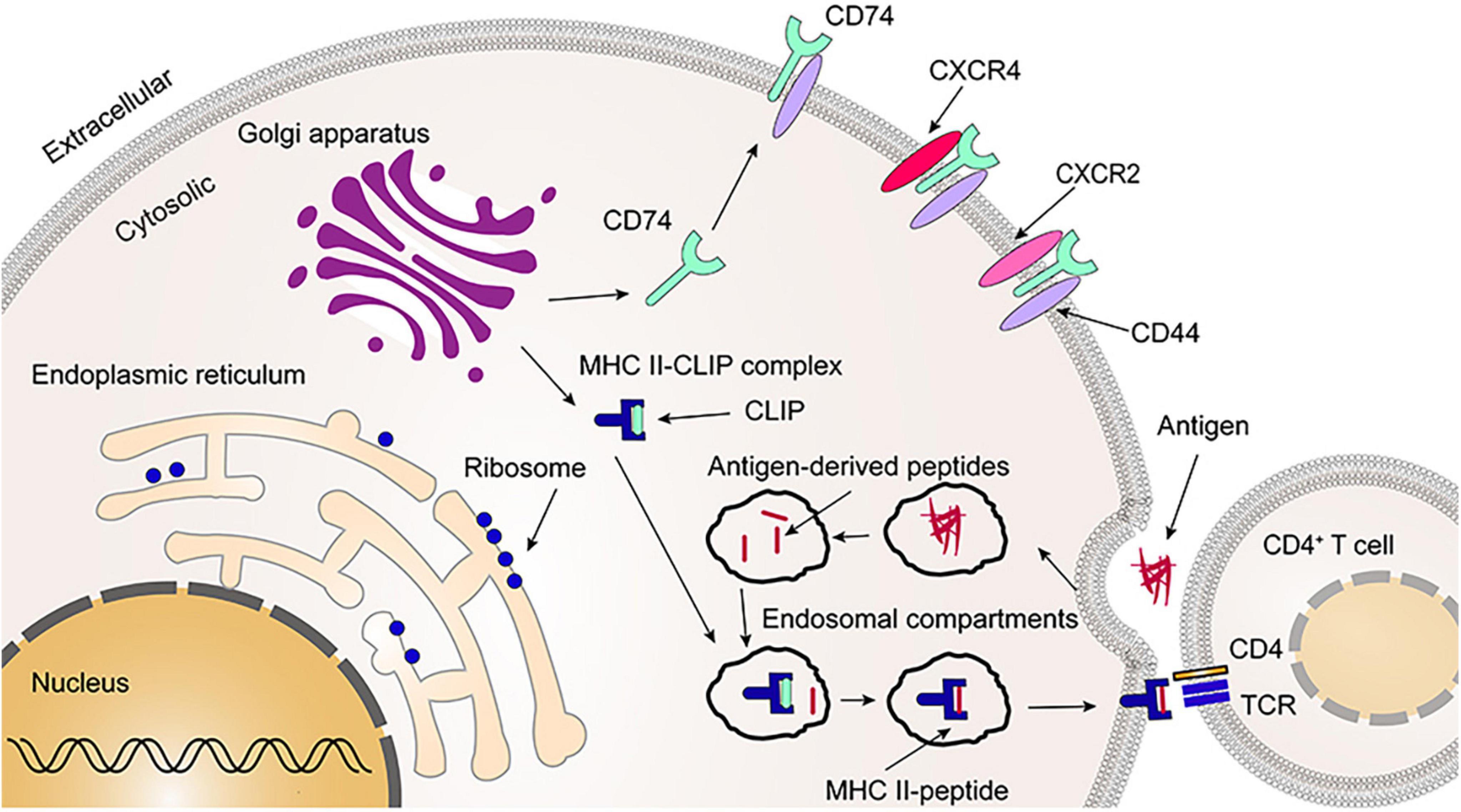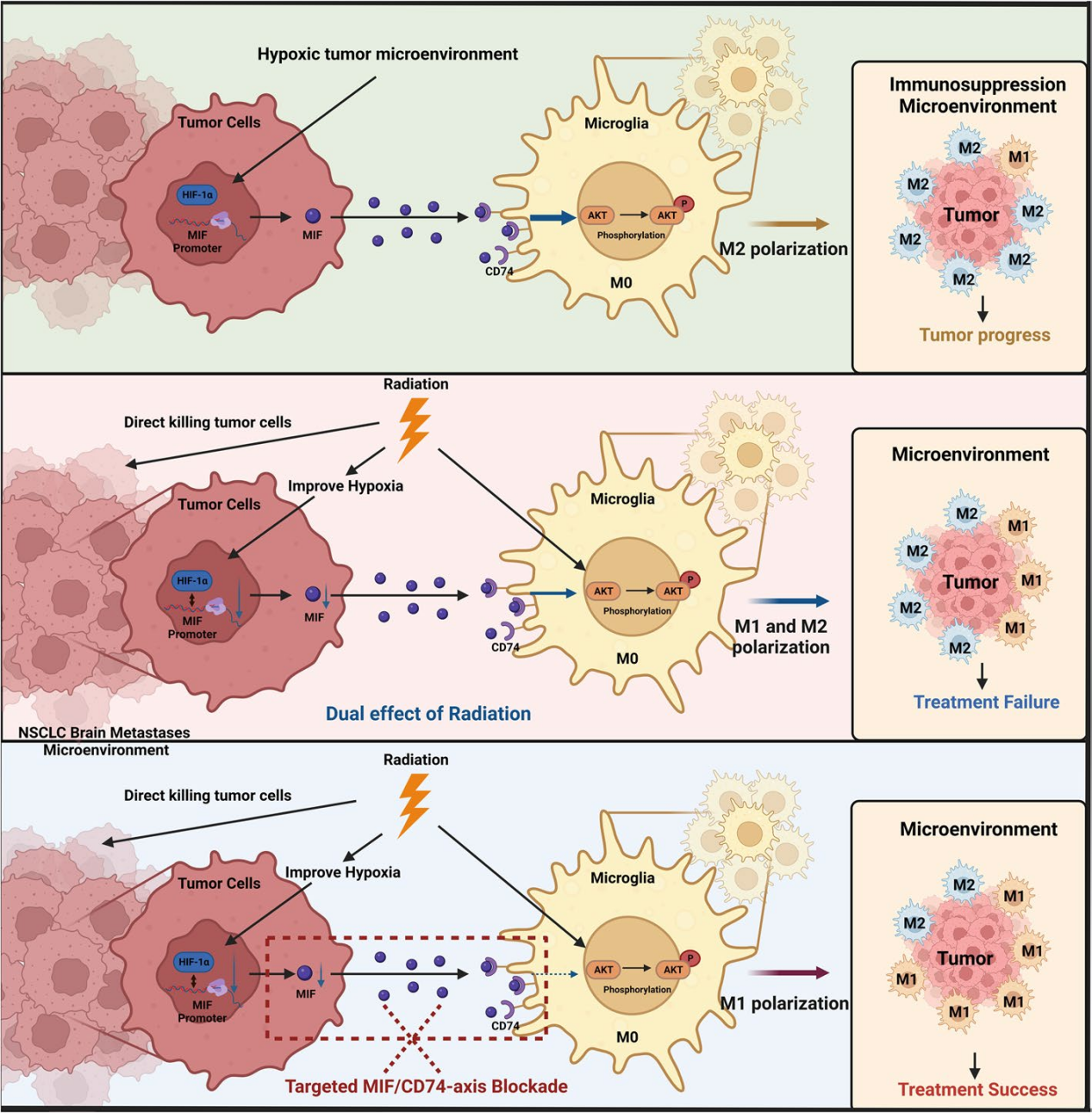Analyzing CD74: The Core Role in Cellular Activities and Disease Associations

CD74 is an indispensable component of the human MHC-II complex and plays a significant role in immune regulation. By regulating the antigen-presenting ability and modulating the immune response, CD74 is involved in the occurrence and development processes of diseases such as inflammation and autoimmune diseases.
The Distribution and Structural Characteristics of CD74
CD74 is mainly distributed in a variety of immune cells and epithelial cells. Among immune cells, it can be found in B cells, monocytes, Langerhans cells, dendritic cells, etc.; and its expression can also be detected in epithelial cells. Such extensive distribution implies that CD74 participates in multiple cellular activities and is of great significance for maintaining the normal physiological functions of the body.
In terms of structure, CD74 is a transmembrane protein encoded by chromosome 5, consisting of an N-terminal cytoplasmic region, a transmembrane region, and a C-terminal extracellular region. Its extracellular region contains multiple functional domains, which play a crucial role in the binding of CD74 to MHC class II molecules and the exertion of other biological functions. On the cell surface, CD74 forms a trimeric structure, and this special structure lays the foundation for its participation in the antigen presentation process.
The Functions of CD74
In the immune process, CD74 acts as a molecular chaperone and is deeply involved in the presentation of exogenous antigens. In the endoplasmic reticulum, newly synthesized CD74 first assembles into a homotrimer, and then combines with three MHC class II heterodimers to form a nonamer. During this process, CD74 occupies the binding groove of MHC class II, effectively preventing the binding of endogenous peptide molecules in the endoplasmic reticulum to MHC class II, ensuring the accuracy and specificity of antigen presentation. In addition, CD74 is also involved in the presentation of antigens by MHC class I, activating CD8+ T cells and triggering the MHC class I-mediated cytotoxic T cell response, further enhancing the body's immune defense ability.
In addition to antigen presentation, CD74 also plays a role in signal transduction. It can bind to the macrophage migration inhibitory factor (MIF) and form complexes with CXCR2, CXCR4, or CXCR7, activating multiple signaling pathways such as ERK1/2, MAPK, and PI3K-Akt. These signaling pathways regulate various biological processes such as cell proliferation, differentiation, and metabolism.

Cardiovascular Diseases
In the field of cardiovascular diseases, taking atherosclerosis as an example, CD74 is involved in multiple key links. It forms a complex with MIF, activates the CXCR2/CD74/CD44 signaling pathway, promotes monocyte chemotaxis, intensifies the inflammatory response, and drives the development of atherosclerosis. At the same time, CD74 is also involved in the folding, intracellular transportation, and antigen peptide loading processes of MHC class II molecules, indirectly affecting the progression of the disease. This indicates that CD74 plays a non-negligible role in the occurrence and development of cardiovascular diseases, and interventions targeting CD74 may provide new directions for the treatment of cardiovascular diseases.
The Field of Cancer
In tumor research, CD74 is highly expressed in a variety of tumor cells, including breast cancer, lymphoma, multiple myeloma, non-small cell lung cancer, chronic lymphocytic leukemia, etc. Taking non-small cell lung cancer as an example, CD74 and MIF affect the polarization of immune cells in the tumor microenvironment and the growth of tumor cells by regulating the activity of the HIF-1α/MIF/CD74 axis. Inhibiting the MIF/CD74 signaling pathway can reduce the phosphorylation of AKT, thereby inhibiting tumor progression, and can also regulate the phenotypic transformation of microglial cells, affecting the growth and metastasis of tumors. This fully demonstrates that CD74 plays a promoting role in the development and metastasis of tumors and is a highly potential target in tumor treatment.
Milatuzumab, as an anti-CD74 blocking monoclonal antibody, has been applied in the treatment of multiple myeloma, non-Hodgkin lymphoma, chronic lymphocytic leukemia, and autoimmune diseases such as systemic lupus erythematosus (SLE). With the in-depth study of its mechanism of action in various diseases, it is expected to promote the clinical application of CD74-targeted therapies in more fields such as cardiovascular diseases, bringing new breakthroughs to the treatment of related diseases.

Conclusion
As a multifunctional molecule, CD74 plays an important role in immune regulation and disease development. In the future, with the continuous in-depth research, CD74-targeted therapy is expected to open up new paths for the treatment of various diseases and bring more hope to patients.




